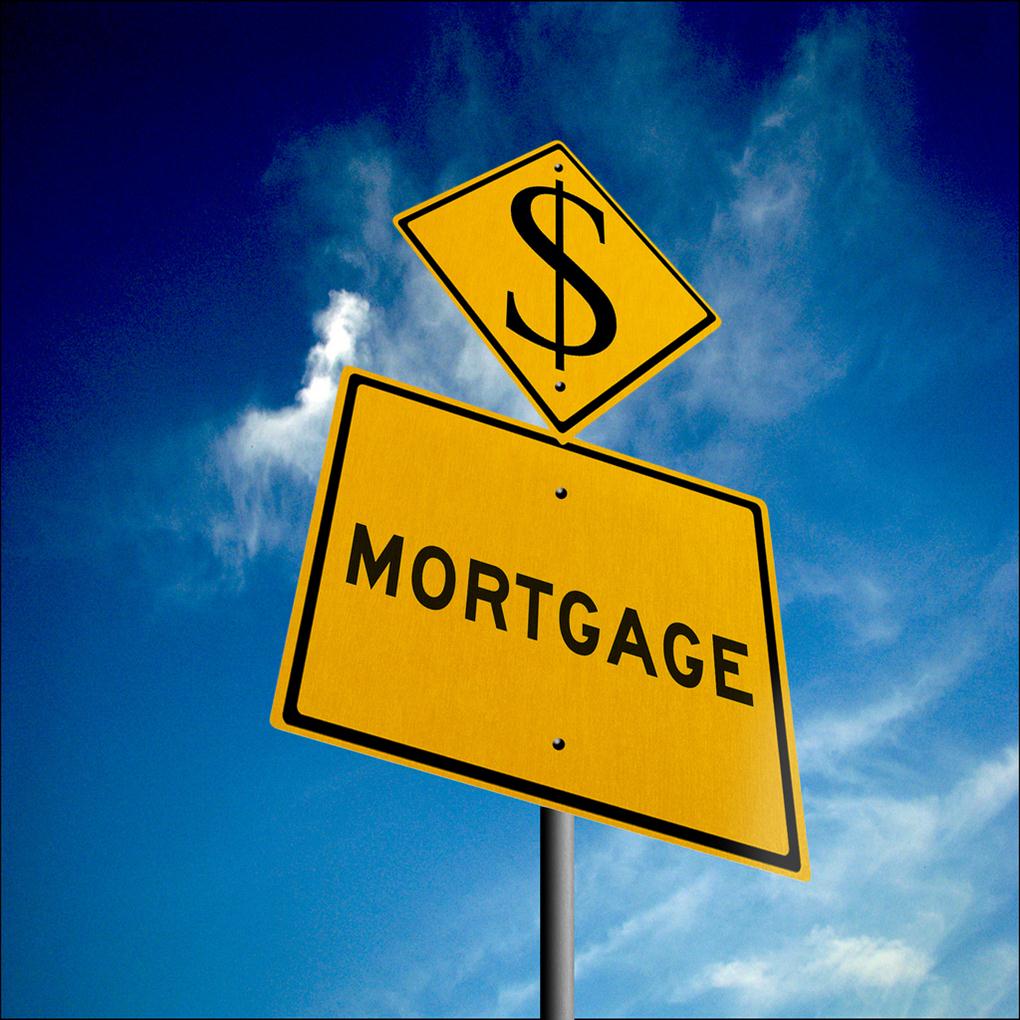Are you currently looking to obtain a lower rate of interest on your mortgage? Do you want to shorten the term or convert from an adjustable-rate mortgage (ARM) to a fixed-rate mortgage (or vice versa)? Then it’s probably time you look into refinancing your home.
In the simplest of terms, it involves paying off an existing loan then replacing it with a new one. Even considering refinancing your home is a major decision, but the selling point for many in need, is that it can save you thousands of dollars over time. Considering refinancing a Home mortgage can mean you pay less each month, possibly pay your loan faster or in the direst of circumstances, save your home from repossession if you find that you are unable to fully afford the current payments.
What to consider when refinancing your home
While there are many benefits from refinancing your home mortgage, most financial advisors say the best time to do so is when you can get a rate, that is at the very least, one percentage point below your current rate. While it might not seem like much, this one percentage point can end up saving you hundreds a month.
One thing to consider is how long you plan to either live in or own your current home. Refinancing can be tricky if you have no plans to stay in the home long term. In most cases, it brings the hassle of several thousands in fees which can take up to two years to pay off.
So, if you have plans to relocate at any point in the near future (under the two years) then that probably isn’t the best option for you. But, like I said if you have plans of staying in your home for the long term, then considering refinancing your Home Mortgage might be a good decision; one that must be acted on as soon as possible.
The big BUT
Refinancing can really be a great financial move if it serves to reduce your mortgage payment, because it helps you build equity more quickly or shorten your loan term. But it is necessary to note that refinancing should not be considered as a way to obtain low-interest cash if there is no real need of it. In the same breath, should there be an actual need for money, tread lightly while considering refinancing especially if you do not have home equity.
One thing that has been toasted as the “best reason to refinance” is to capitalize on a lower rate of interest. However, the only person that can decide when is the best time to refinance; is you. If after your own research you realize that it’s not in your best interest at that time, then so be it. It is especially not recommended to refinance a home mortgage if the break-even period is too long, the long-term costs are too high or you can’t afford the closing costs.
At the end of the day, just keep in mind that the details of your individual situation, and not the market current market rate, should be the biggest determining factor in whether you choose to refinance or remain with your current loan arrangements.
Sourced from: Alot
Photo by 401(K) 2012 / CC by



